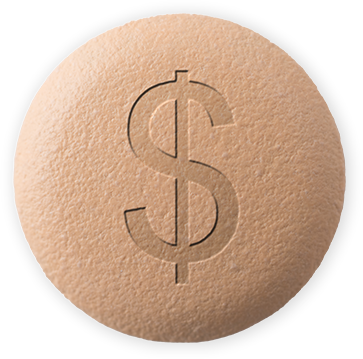A whistleblower lawsuit accused the health insurance company UnitedHealth Group of a vast Medicare and Medicaid fraud. According to the suit recently made public by the Department of Justice (DOJ), the insurer made patients appear sicker than they were in order to overcharge the federal programs by hundred of millions, if not billions, of dollars. The fraudulent health care scheme involved Medicare Advantage, a program created in 2003 to contain the Medicare’s expenditure, which kept rising faster than the inflation rate. This insurance plan allowed elderly people to receive a government reimbursement by joining a private health maintenance organization (HMO). However, according to the accusations, UnitedHealth fraudulently added excess costs for the last ten years.
The original Medicare plan did not pay additional rates to the HMOs who enrolled people affected by chronic conditions such as diabetes or hypertension. Trying not to reduce their profits, many organizations actively avoided to sign up unhealthy patients who required additional care, thus generating additional expenses. To incentivize HMOs to enlist sicker patients, in 2003 the Centers for Medicare and Medicaid Services added a new form of reimbursement for managed care known as “risk adjustment factor.” Shortly thereafter, unscrupulous insurance companies such as UnitedHealth reacted by activating special units which performed risk adjustment calculations. However, these units were just a part of a widespread illegal scheme. Their purpose was to make people appear sicker than they actually were by manipulating risk scores in order to artificially inflate the company’s profits.
The qui tam relator who exposed the fraud under the False Claims Act is Benjamin Poehling, the former finance director of UnitedHealthcare Medicare and Retirement. According to his complaint, the corporation provided financial incentives to the employees who were able to successfully overbill the federal programs by altering the risk factors. Mr. Poehling explained that the company set several “risk adjustment” goals through which the employees’ performance was evaluated, although there was no accountability for any false claim that occurred in the process.
Coding specialists often mined patients records to find any long-term condition that could inflate Medicare’s billings. However, these conditions have never been verified or evaluated in person by qualified health care providers as required by the program’s laws.
The suit, which was originally filed in 2011, alleges that at least 15 insurance companies have been involved in schemes that defrauded the Medicare Advantage program. Despite that, the Justice Department chose to intervene only against UnitedHealth and its subsidiary WellMed Medical Management. Matthew A. Burns, a spokesman for the insurer, rejected these accusations and contested them, explaining they were based on faulty interpretations of Medicare rules.
Article written by: Dr. Claudio Butticè, Pharm.D.
Do you have a valid claim?
If you witnessed any widespread suspicious activity within your workplace, you might have a chance of becoming a whistleblower by reporting an ongoing fraudulent scheme. However, to increase your chances of success, you must be sure to back up your claim with substantial evidence or privileged information.
A Quick Whistleblower Checklist
Is the fraudulent scheme widespread enough?
Has the fraud been perpetuated for years or involves large sums of money?
Do you possess any physical evidence of the fraud (documents, forged signatures)?
Do you have access to privileged information which may help our investigators?
Do you work as an insider within the company perpetrating the fraud?
Did you witness any ongoing illegal behavior within your workplace?
Have you been forced into taking part in any suspicious corporate activity?





